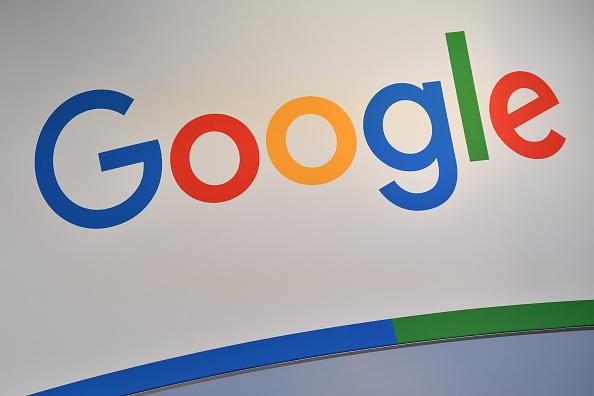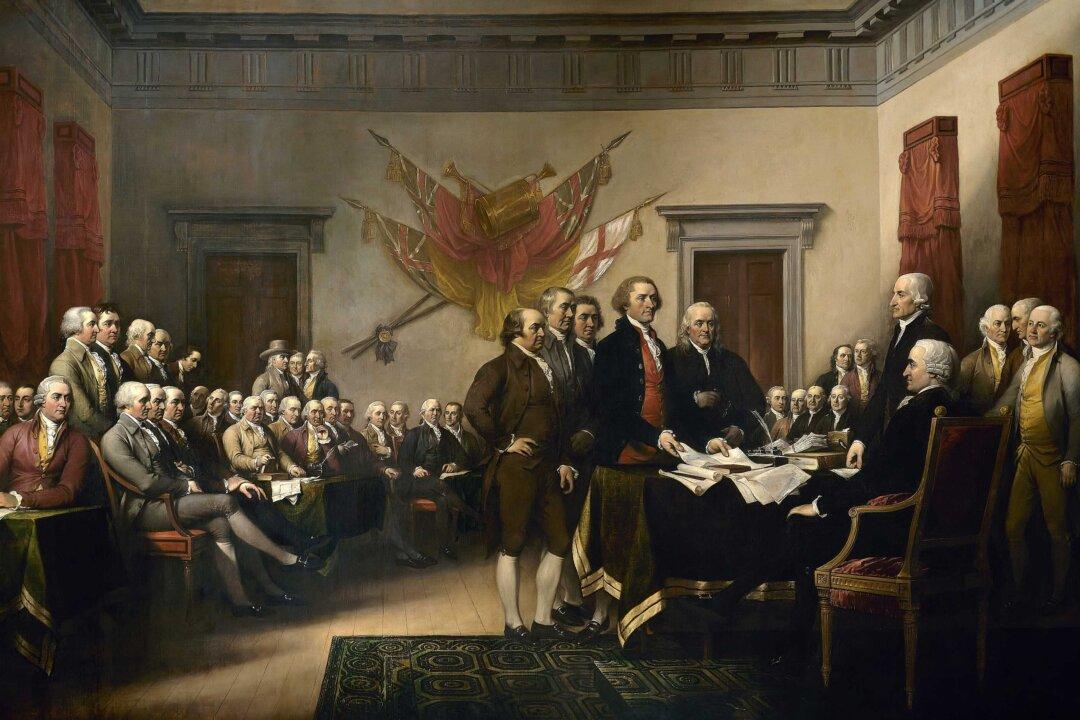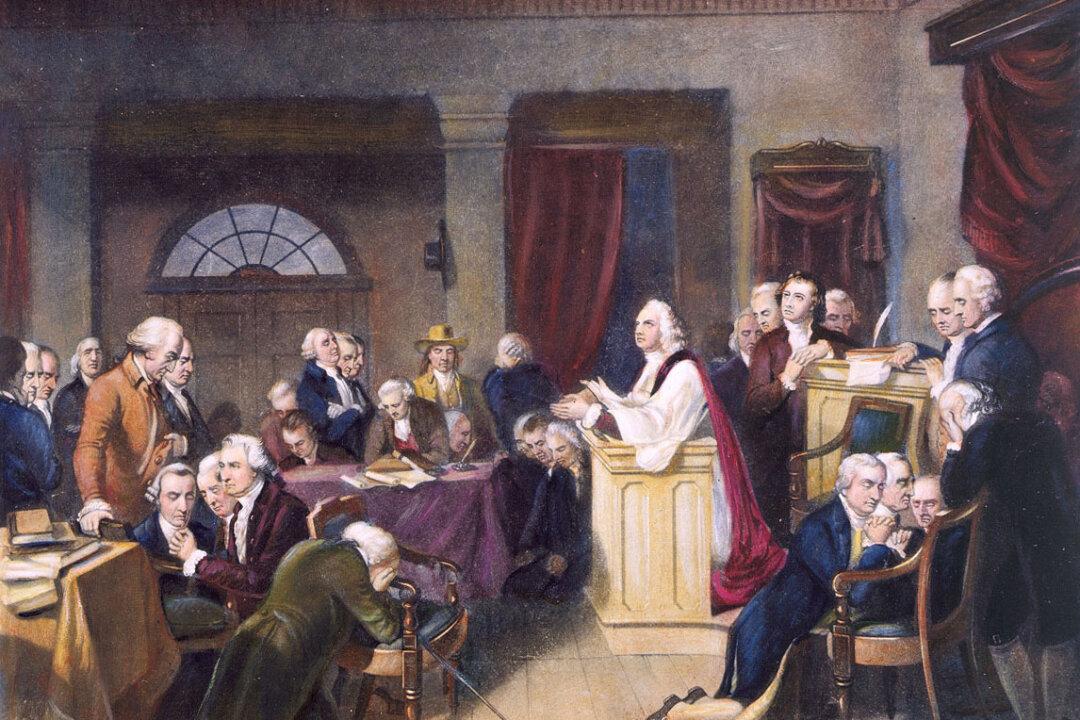Monopolies are nothing new in our capitalist economy, but as Colorado Congressman Ken Buck aptly illustrates in his book “Crushed: Big Tech’s War on Free Speech” (“Crushed”), Silicon Valley’s current monopoly is more dangerous than earlier ones. Today’s Big Tech monopoly is both an economic threat and a serious risk to democracy and future innovation.

The logo of Google at the 2023 Hannover Messe industrial trade fair on April 17, 2023 in Hanover, Germany. Alexander Koerner/Getty Images






